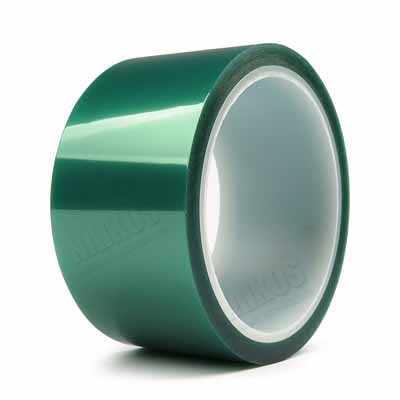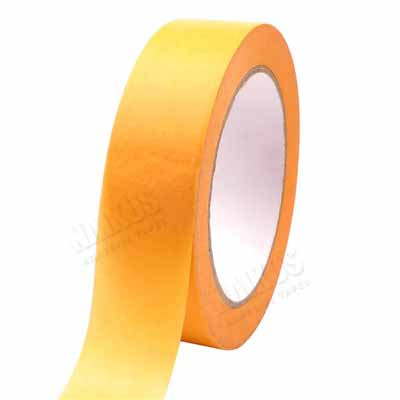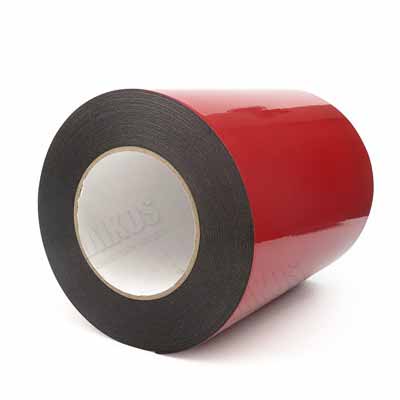Thermal tape is a highly versatile adhesive tape that finds application in many industries. The tape is known for its thermal conduction properties and is used for efficient energy management. Its applications range from electronics, transportation, and energy management, among others. This article will explore the thermal tape industry knowledge, including its features and applications.
Thermal tape is known for its superior thermal conductivity and adhesive properties. The tape's thermal conductivity helps conduct heat away from the source, reducing the risk of overheating. At the same time, its adhesive properties ensure that it adheres efficiently to the surface, enhancing heat transfer. The tape is also flexible and can easily conform to the surface, making it easy to use on irregular shapes and surfaces.
Thermal tape is widely used in various industries for efficient energy management. Below are some of its common applications.
1. Electronics: Thermal tape is commonly used in electronic devices to manage heat. For instance, in computers and other electronic gadgets, thermal tape is used to transfer heat from the processor to a heat sink to dissipate heat efficiently.
2. Transportation: Thermal tape is also used in the transportation industry. For instance, in automobiles, it is used to manage the heat levels of different engine components. It is also used in the aerospace industry to regulate the temperatures of electronic components on planes and spacecraft.
3. Energy Management: Thermal tape is used in the energy management industry to manage heat energy in various applications. Specifically, solar panels, it is used as a heat conduction agent, enhancing the efficiency of solar modules. It also plays a significant role in managing the heat levels in batteries for electric vehicles to avoid overheating.
Using thermal tape offers numerous benefits, including:
1. Efficient heat management: Thermal tape enhances heat transfer, ensuring that heat is efficiently managed. It minimizes the risk of overheating, improving the performance and longevity of the device.
2. Cost-effective: Thermal tape is cost-effective compared to other thermal management solutions. It is easy to apply, replace, and maintain, reducing the cost of maintenance.
3. Easy to use: Thermal tape is flexible and easy to apply to different surfaces, irregular shapes, and sizes. It also comes in different sizes, shapes, and materials, making it easy to select the most appropriate for the job.
4. Environmentally friendly: Thermal tape is made from non-toxic materials, making it safe to use. It also contributes to reducing carbon emissions used in cooling devices, which is beneficial to the environment.
In conclusion, thermal tape is a versatile and efficient thermal management solution that has numerous benefits over other solutions. Its applications range from electronics, transportation, and energy management, among others. It is cost-efficient, easy to use, environmentally friendly, and enhances heat transfer efficiently. Therefore, it is essential for industries to adopt the use of thermal tapes in their operations for efficient energy management.




